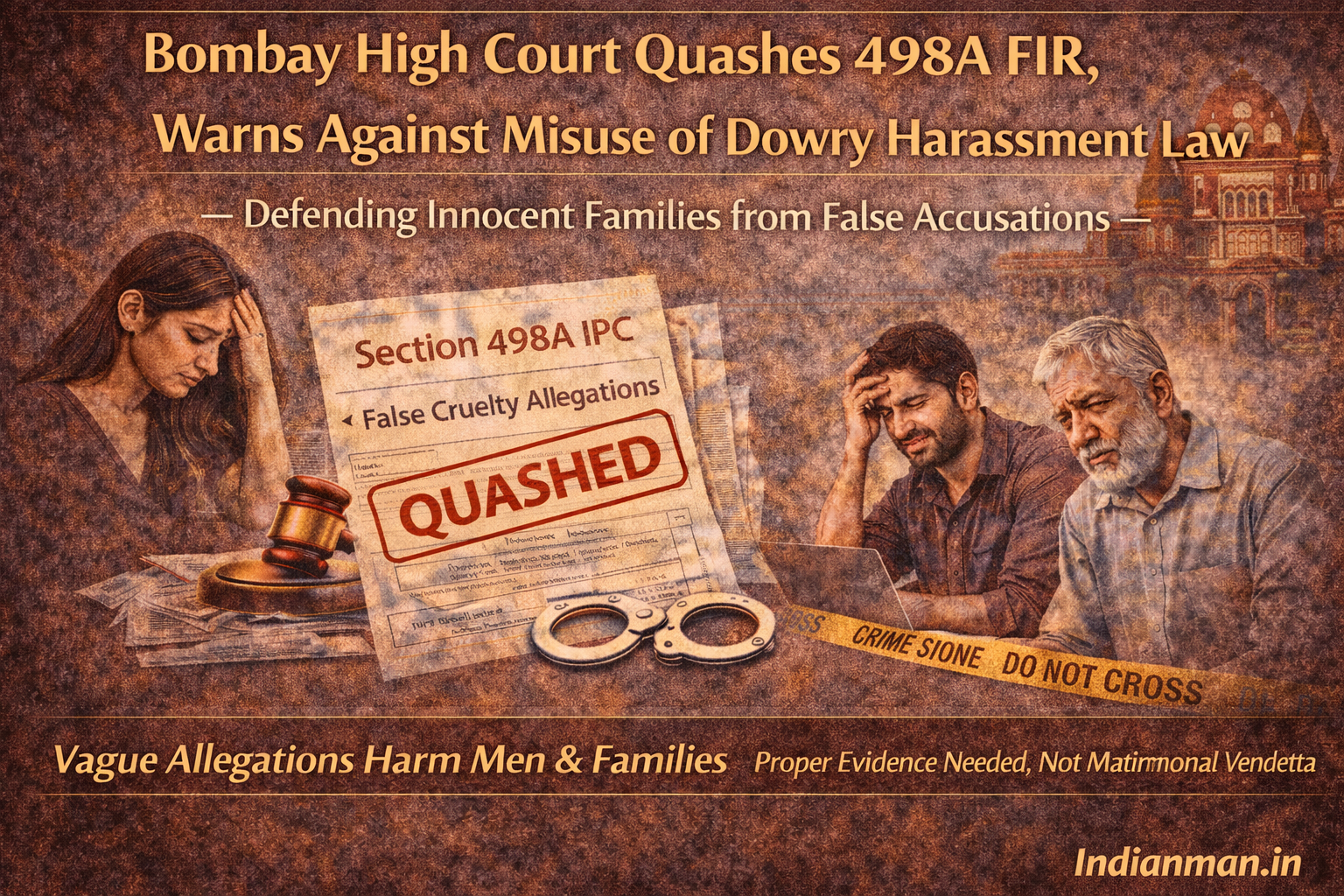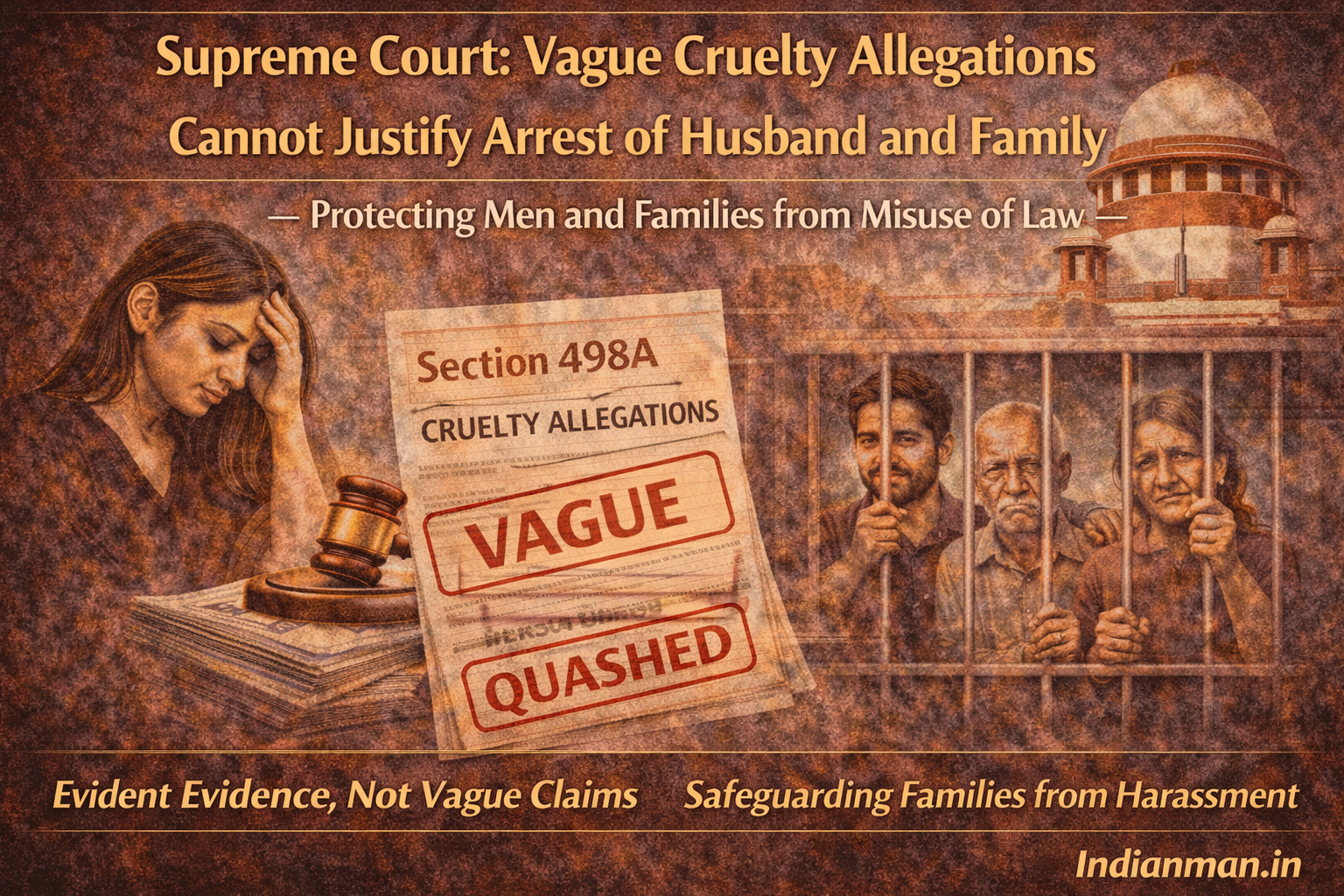The Bombay High Court has ruled that human teeth cannot be considered a dangerous or deadly weapon under Section 326 of the Indian Penal Code (IPC). The decision came while quashing a case filed by a woman against her in-laws in a family property dispute.
Background of the Case
The case involved a conflict within the Solankar family. Maya, the daughter-in-law, had filed a suit seeking a share in family property, including land, a house, and a brick kiln.
On April 26, 2020, Maya stopped her brother-in-law Tanaji Solankar from transporting bricks, insisting the matter was pending before the court. This led to a heated argument. Maya alleged that Tanaji, his wife Vanmala, and father Shivaji assaulted her. She further claimed that Vanmala bit her right hand, while Tanaji allegedly bit the arm of her brother, Laxman Mane, who tried to intervene.
Both Maya and Laxman sustained minor injuries, classified as simple lacerated wounds. Based on Maya’s complaint, an FIR was registered under Sections 324, 323, 504, 506, and 34 of the IPC against Tanaji and his family.
Court’s Observations
A bench of Justices Vibha Kankanwadi and Sanjay Deshmukh referred to the Supreme Court’s 2004 ruling in Shakeel Ahmed, which clarified that human teeth cannot be treated as a deadly weapon under IPC Section 326.
The Court noted:
- The injuries reported were minor and caused by a blunt object, not a dangerous weapon.
- Medical reports did not support Maya’s claim that human teeth inflicted grievous hurt.
- Continuing the case under Section 326 IPC was unjustified.
Accordingly, the Court quashed the proceedings against the Solankar family.
Be a part our social media community:
Facebook: https://www.facebook.com/IndianMan.in?mibextid=ZbWKwL
Instagram:
https://www.instagram.com/indianman.in?igsh=MWZ2N3N0ZmpwM3l3cw==




